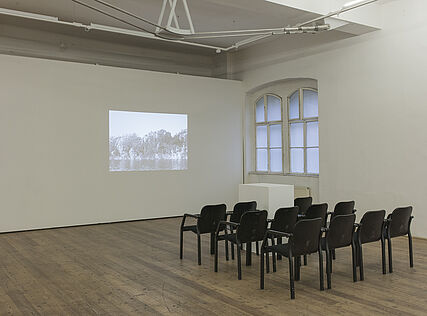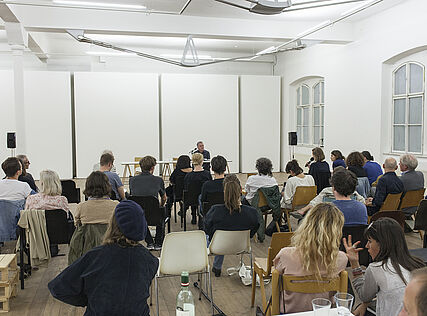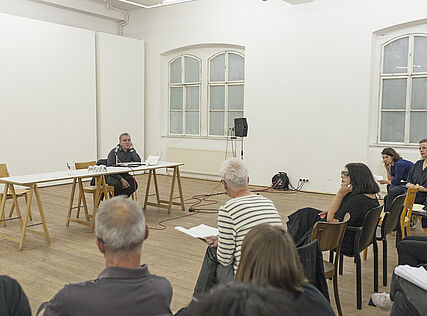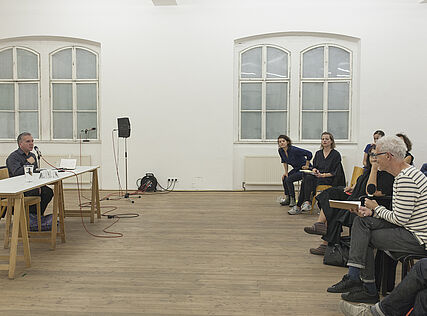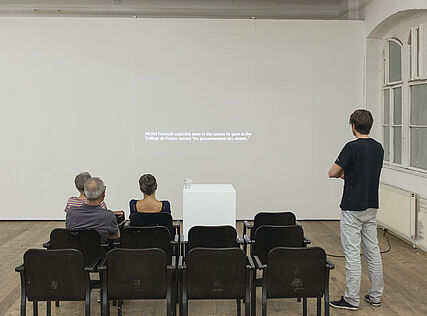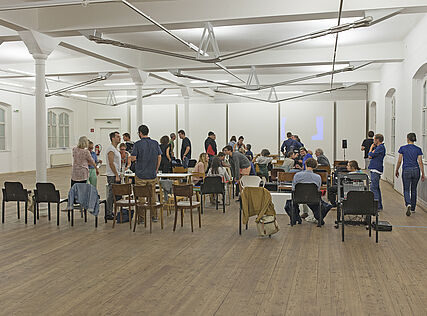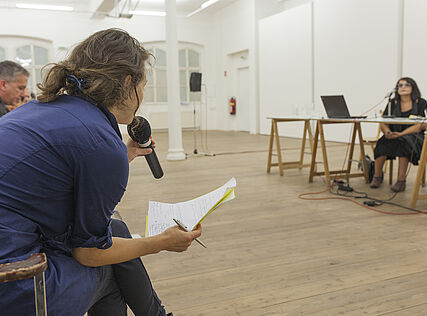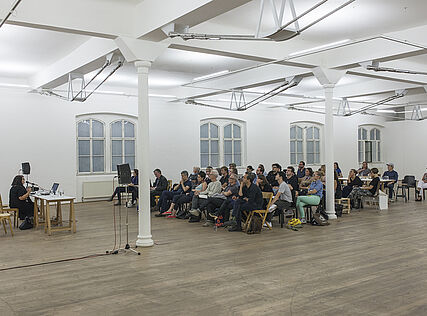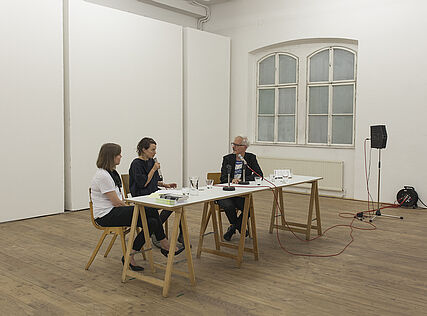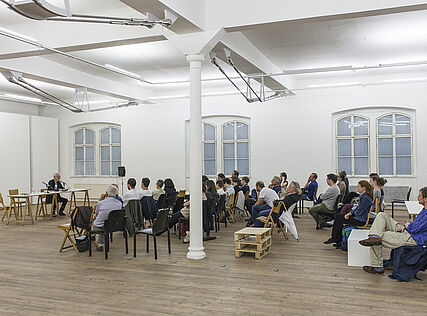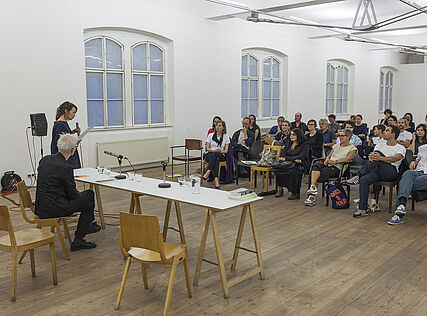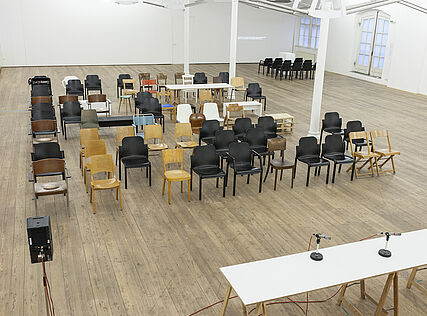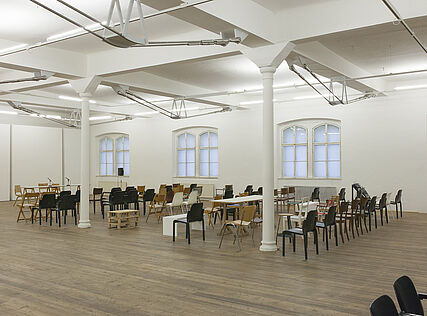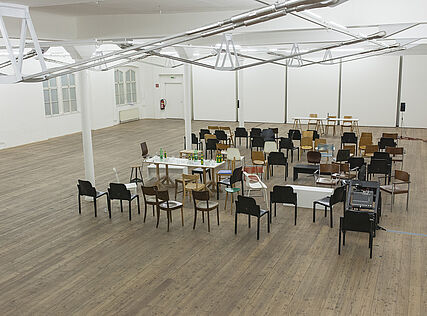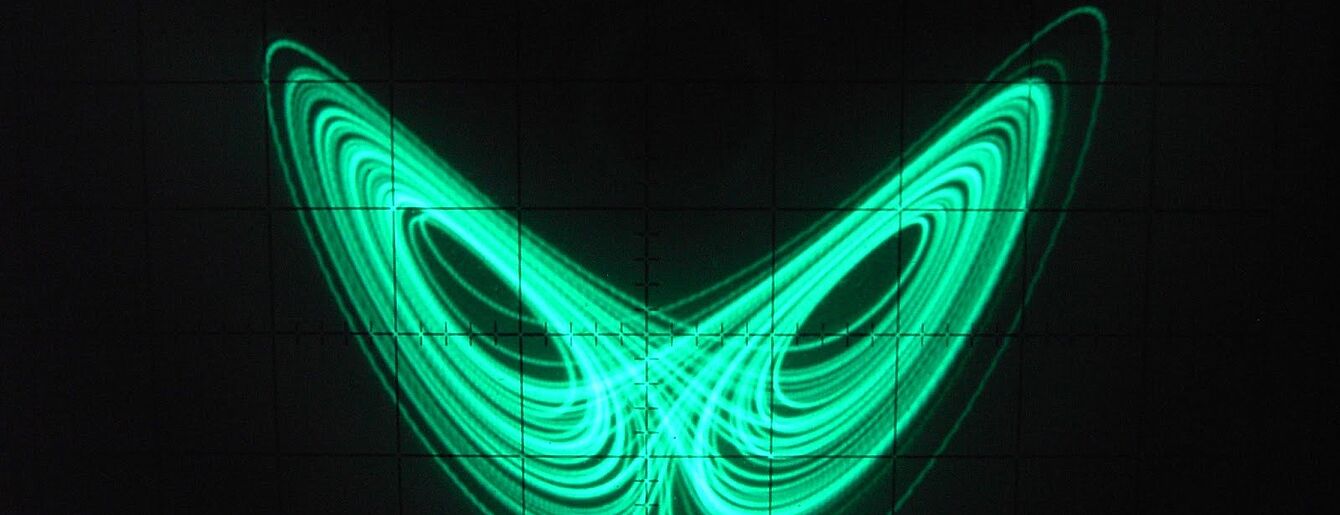
We 2.9.2015
7.00 pm Hrs
kex—kunsthalle exnergasse
B
The long moment
The long moment
A transcontinental encounter of poetic research and theoretical investigation
Wednesday 2. September and Thursday 3. September 2015, 7 – 10 pm
Contributions by Jeff Derksen, Mark Fisher, Christoph Keller, Suzana Milevska
Please join in for a two-evening event that brings together in the context of the arts distinguished writers of poetry and theory who will read from and present their work and discuss it. A poetry reading, two lectures and a video work will expand on the possibilities of non-conformist production of knowledge and (Post)-conceptualism, the competing interferences between sound and image, voice and writing and on the connections between aesthetic poverty and the imperatives of communicative capitalism as well as on emerging new visions of time.
Schedule (See abstracts and bios below)
Wednesday 2. September 2015, 7 pm
7.15 Introduction
7.30 Poetry reading by Jeff Derksen from his book 'The Vestiges'
Followed by a conversation between Jeff Derksen, Claudia Slanar and Lina Morawetz
Q&A session
Thursday 3. September 2015, 7 pm
7.15 Introduction
7.30 'The Butterfly Effect', lecture by Suzana Milevska
Q&A session
8.15 Introduction
8.20 'Some of us found another time', lecture by Mark Fisher
Q&A session
On display: 'Anarcheology', Christoph Keller, 2014 (Video, b/w, silent, 13 min)
Moderation: Claudia Slanar. Set: Josh Müller
Curated by Lina Morawetz
'What is the process in which the cultural crisis is not resolved socially, but
transmuted into sublime fixation upon immobilized symbols and fetishes?'
Jeff Wall, Dan Graham's Kammerspiel, 1988
'We are adamantly synthetic, unsatisfied by analysis alone.'
Laboria Cuboniks, Xenofeminism: A Politics for Alienation, 2015
Poetic time is paradoxical, wrote Franz Werfel a hundred years ago; a continuous tumult, proceeding without moving, running on the spot to its end. Arriving at both the material and immaterial margins of language, touching on what touches back and what is not yet and no longer audible, poetry embodies subsidiary products of knowledge and own systems of sound and space in language. On the other hand, language is always haunted by the potentials and risks of meaninglessness; hierarchies of in- and exclusions, direct and indirect access and quantifiability. Investigating the contemporary condition, poetry, audio-visual practice and philosophy in various degrees employ the possibilities and insufficiencies of the margins of language. Considering the dominance of the visual, this event asks which synthetic, multiperspectival modes of investigation can be employed to address the writing of space and tracing of time of a world in vertigo. With emphasis on complementarity rather than antagonism, The long moment – a two-evening open forum, a reading, two lectures and a video work – aims at probing and disentangling the horizons of our contemporary condition with its abstraction, sound, and complexity.
'The long moment' is a term borrowed from Jeff Derksen's 'Annihilated Time: Poetry and Other Politics' (2009)
www.kunsthalleexnergasse.wuk.at
–
Abstracts and bios
Jeff Derksen’s poetry books include 'The Vestiges', 'Transnational Muscle Cars', 'Dwell', 'Until', and 'Down Time' and his critical books are 'After Euphoria', 'Annihilated Time: Poetry and other Politics' and 'How High Is the City, How Deep Is Our Love'. He collaborates with artists Sabine Bitter and Helmut Weber in the research collective Urban Subjects; with Camera Austria, they produced the forthcoming 'The Militant Image' Reader. Derksen was a research fellow at CUNY's Center for Place, Culture, and Politics and a founding collective member of the Kootenay School of Writing in Vancouver, Canada. He works in the English Department of Simon Fraser University.
Mark Fisher
'Some of us found another time'
The 21st century has been characterised by a pervasive aesthetic poverty. This isn't only to do with the disappearance of innovation and the new; it is also about the increasingly fugitive and fragmentary sense of time which capitalist cyberspace has naturalised. In fact, these two problems are closely connected. The very fact that we are relentlessly subordinated to the urgencies and imperatives of communicative capitalism means that it has been immensely difficult to find the time in which to produce the new. This lecture will take Tao Lin's extraordinary novel 'Taipei' as an exemplary immanent account of the purgatorial time of 21st century aesthetic poverty. More importantly, it will also explore some lines of escapes from this hyperpostmodern purgatory. In the work of Justin Barton, the Otolith Group, Gazelle Twin, John Foxx, Laura Oldfield Ford and Jam City, a new dreamtime, a new pyschedelia, a new vision of love and freedom is emerging. Against all odds, the future is returning ...
Mark Fisher is the author of 'Capitalist Realism' (2009), 'Ghosts Of My Life: Writings on Depression, Hauntology and Lost Futures' (2014), and the blog k-punk (k-punk.org). His writing has appeared in New Humanist, Frieze, Sight&Sound, and many other publications. He is a lecturer in Visual Cultures at Goldsmiths, University of London. He is also the co-producer, with Justin Barton, of two acclaimed audio-essays: 'londonunderlondon' (2005) and 'On Vanishing Land' (2013).
Christoph Keller is a visual artist living and working in Berlin. 'Anarcheology', the most recent video work by Christoph Keller, is a travelogue on the fringes of what can be said or written –– a text which deals with the spoken word and orality, in a film paradoxically silent. Juxtaposing three different rhetorical regimes, the video stages a performative contradiction between method and subject. The images suggest a voyage, departing from a bridge near Manaus and entering into the depths of Amazonia, a land apparently devoid of human traces. Black and white photographs alternate rhythmically with text inserts, leaving behind an afterimage that draws the viewer into an intermittent story.
Suzana Milevska
'The Butterfly Effect'
There is a long tradition of competition between sound and image, voice and writing, both in philosophy and art. It feels as if deconstruction anticipated that this competition will last much longer and that the overrated significance of the voice from phenomenological perspective will outlive its critics even in the field of visual arts, as more sensitive and genuine than the image that dominated and manipulated the visual field. My presentation will focus on the unexpected interferences between voice and image in the realm of visual arts and will try to reconcile the contradictions between the both exactly starting from the attempt to circumvent the given privilege to the voice in phenomenological terms and by challenging the assumed power of the images in order to point different misinterpretations.I hold the analysis of representation in visual language and metaphors as particularly relevant in terms of discussions of race and racialization because this analysis can reveal many unexpected and concealed forms of stereotyping and overpowering, particularly in the art world and activist realm. I borrowed the renowned poetic metaphor from chaos theory of 'butterfly effect' for the importance of the given time to analyse, understand and anticipate otherwise invisible and, at first sight, irrational effects of e.g. calls for resistance or boycotts as speech acts. Time determines whether such acts will end futile or even with an opposite effect exactly because of mixed linguistic and visual messages.
Suzana Milevska is a theorist and curator of visual art and culture from Macedonia. Her theoretical and curatorial interests include postcolonial critique of hegemonic power regimes of representation, feminist art and gender theory, participatory and collaborative art practices. She holds a PhD in visual culture from Goldsmiths College London where she taught from 2002-2004. In 2004 Milevska was a Fulbright Senior Research Scholar at Library of Congress. In 2010 Milevska published the book 'Gender Difference in the Balkans' and 'The Renaming Machine: The Book' that summarised her long-term cross-disciplinary curatorial and research project. In 2011 she was a researcher for the project Call the Witness – Roma Pavilion at the 54 International Art Exhibition – Venice Biennale-Collateral Event and curated the exhibitions 'Call the Witness', BAK, Utrecht, and the 'Roma Protocol' at the Austrian Parliament. In 2012 Milevska was awarded the ALICE Award for Political Curating and the Igor Zabel Award for Culture and Theory. She was the first Endowed Professor for Central and South European Art Histories at the Academy of Fine Arts Vienna (2013-2015).
Josh Müller is a visual artist based in Vienna. His installations, moving and still images, often in the form of long-term projects, occupy an interface between documentation, facts and the creation of an event. With the self-published project 'Müller Josh 1–5' (2014) his work recently expanded on the possibilities of a book.
Claudia Slanar is a an art historian, curator, writer and experimental scholar. She holds an MA in Aesthetics and Politics and an MFA in Creative Writing from the California Institute of the Arts. She lives in Vienna where she currently teaches at the University for Applied Arts (department of landscape art) and curates videoart for the 21er Haus Museum of Contemporary Art.
Lina Morawetz currently studies Creative Writing at Deutsches Literaturinstitut Leipzig and holds an MA in Aural&Visual Cultures (under Kodwo Eshun) from Goldsmiths College, University of London. Her writings have appeard in both art and literature contexts. She lives in Leipzig and Vienna.

